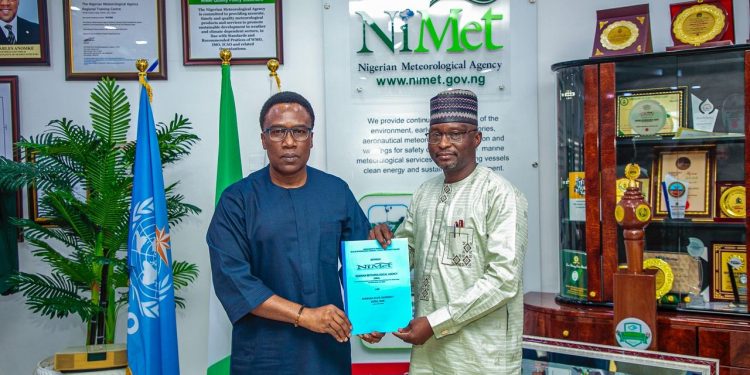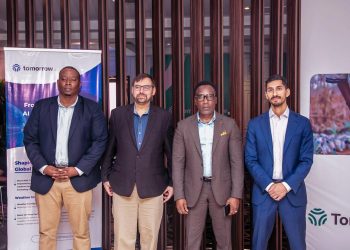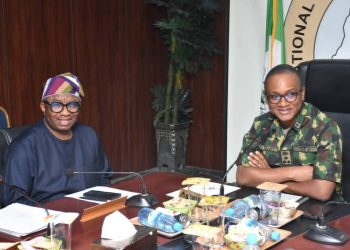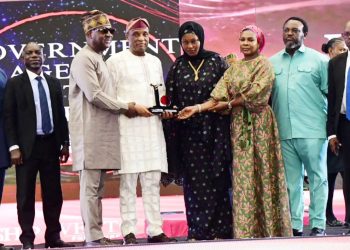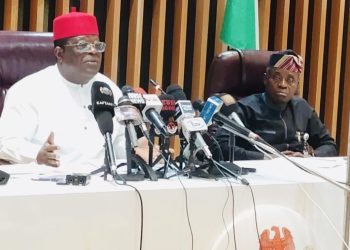By Nkechi Eze
As climate change intensifies its impact across Nigeria, the Nigerian Meteorological Agency (NiMet) has entered into a landmark partnership with Adamawa State University to strengthen the delivery of timely early warnings and deepen research in climatology and climate change. The agreement, formalized through a Memorandum of Understanding (MoU), is designed to ensure that scientific insights are translated into practical tools that safeguard lives, protect livelihoods, and build resilience in vulnerable communities.
Under the partnership, NiMet and the university will collaborate on real-time weather alerts, seasonal forecasts tailored for farmers and local communities, targeted climate research, and the development of specialized training programmes. The MoU also provides for joint publications addressing region-specific climate challenges, while creating opportunities for students and practitioners to acquire hands-on skills in climate science.
Speaking at the signing ceremony, NiMet’s Director-General and Chief Executive Officer, Professor Charles Anosike, said the collaboration reflects the urgent need for stronger linkages between academia and national agencies in tackling climate risks. He underscored the importance of leveraging research to improve the accuracy and speed of early warning systems in line with global priorities.
“In accordance with the United Nations ‘Early Warning for All 2027’ initiative, this partnership is about more than forecasts. It is about food security, it is about protecting lives and property, and it is about strengthening resilience at the community level,” Prof. Anosike stated. He listed areas of particular focus such as climate data analysis, drought and flood monitoring, and integrating climate science into disaster preparedness strategies that directly serve people on the ground.
Reinforcing this commitment, the Vice-Chancellor of Adamawa State University, Professor Augustine Clement, described the MoU as a vital step toward bridging the gap between scientific research and practical application. He assured NiMet of the university’s readiness to engage in projects ranging from co-developing educational workshops to curating climate research internships.
“We want our students and researchers to be part of the solutions,” Prof. Clement said. “Through joint projects and community outreach, we will ensure that the science does not remain on paper but is translated into practical guidance for farmers, local communities, and policymakers across Adamawa State.”


